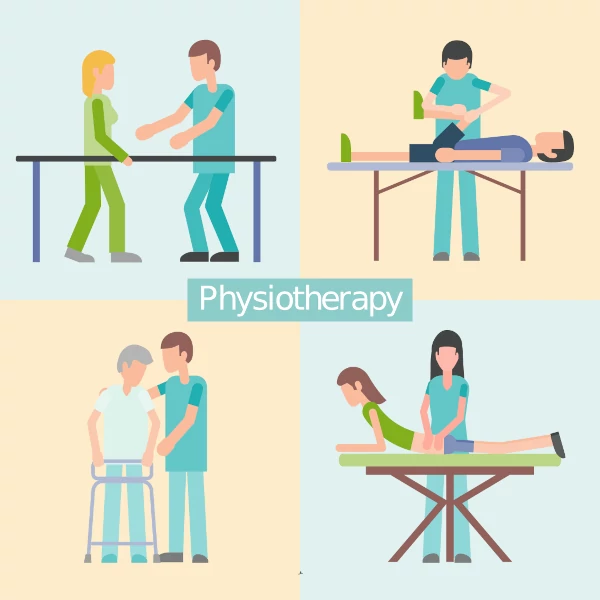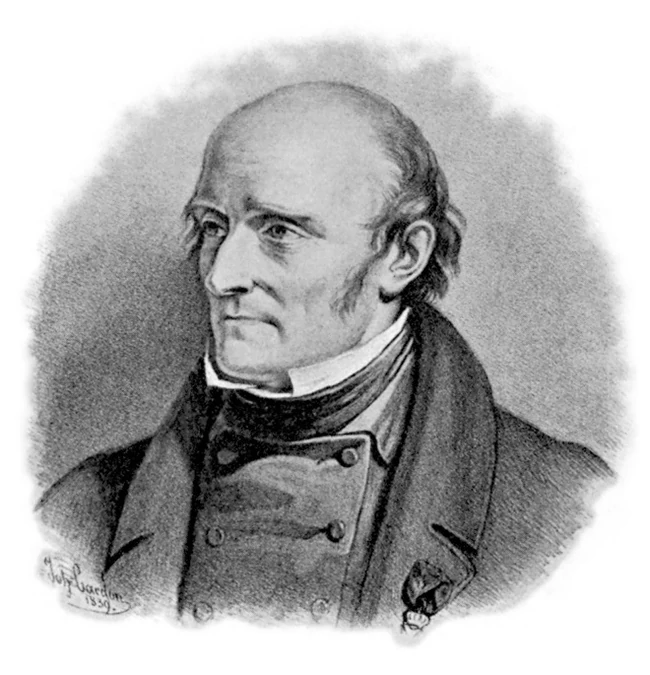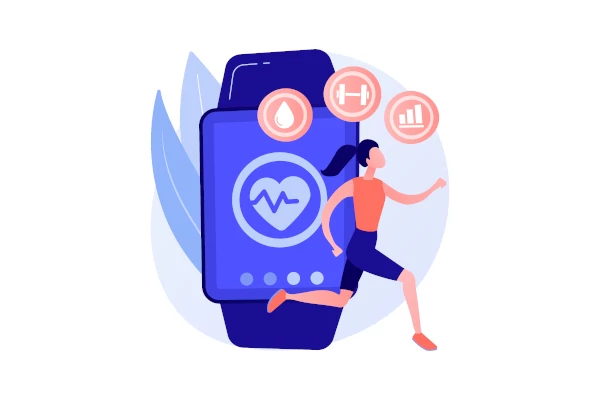Physiotherapy is a healthcare profession that specializes in restoring and improving physical function in individuals. Physiotherapy covers a broad range of conditions and patient populations, making its scope vast. We will discuss the different domains of physiotherapy practice, the types of patients who can benefit, and the profession’s future outlook.
Areas of Physiotherapy Practice
Musculoskeletal Physiotherapy
Musculoskeletal physiotherapy focuses on the treatment of injuries and conditions affecting the musculoskeletal system, including bones, joints, muscles, ligaments, and tendons. Common conditions treated by musculoskeletal physiotherapists include back pain, neck pain, arthritis, sprains, strains, fractures, pre-operative and post-operative rehabilitation.
Neurological Physiotherapy
Neurological physiotherapy focuses on the treatment of conditions affecting the nervous system, including the brain, spinal cord, and peripheral nerves. Conditions treated by neurological physiotherapists include stroke, spinal cord injury, Parkinson’s disease, multiple sclerosis, and cerebral palsy.
Cardiorespiratory Physiotherapy
Cardiorespiratory physiotherapy focuses on the treatment of conditions affecting the heart and lungs. Conditions treated by cardiorespiratory physiotherapists include chronic obstructive pulmonary disease (COPD), asthma, heart failure, and post-operative rehabilitation after cardiothoracic surgery.
Pediatric Physiotherapy
Pediatric physiotherapy focuses on the treatment of children from birth to adolescence. Conditions treated by pediatric physiotherapists include developmental delays, cerebral palsy, spina bifida, muscular dystrophy, and sports injuries.
Women’s Health Physiotherapy
Women’s Health Physiotherapy is a specialized area of practice that focuses on the treatment of conditions related to the female reproductive system, including pregnancy and postpartum care, incontinence, and pelvic pain. Physiotherapists who specialize in women’s health work with women of all ages and stages of life to address these conditions through a variety of treatment techniques, including exercise, manual therapy, and education. By helping women to better understand their bodies and how to manage their symptoms, women’s health physiotherapy can have a significant positive impact on a woman’s overall health and quality of life.
Geriatric Physiotherapy
Geriatric physiotherapy focuses on the treatment of older adults. As people age, they may experience physical changes and health conditions that affect their mobility, balance, and overall physical function. Geriatric physiotherapists can help older adults maintain their physical independence and prevent falls, as well as provide rehabilitation after surgery or a hospital stay.
Sports Physiotherapy
Sports physiotherapy focuses on the treatment of injuries and conditions related to sports and physical activity. Sports physiotherapists work with athletes of all ages and levels, from recreational to elite, to help them recover from injuries, prevent future injuries, and improve their performance.
Types of Patients Who Can Benefit from Physiotherapy
Individuals of all ages and health conditions can find benefits in physiotherapy. Here are some examples of patients who can benefit from physiotherapy:
Individuals with Musculoskeletal Conditions
People with conditions like back pain, neck pain, arthritis, and sports injuries can benefit from physiotherapy in improving their health. Physiotherapists can employ various techniques including exercise, manual therapy, and education to successfully reduce pain, enhance mobility, and prevent future injuries.
Individuals with Neurological Conditions
Individuals with neurological conditions such as stroke, spinal cord injury, multiple sclerosis, and Parkinson’s disease can benefit from physiotherapy. With the guidance of physiotherapists, individuals can enhance their mobility, balance, and overall physical function, and effectively manage their symptoms while preventing complications.
Individuals with Cardiorespiratory Conditions
Individuals with cardiorespiratory conditions such as COPD, asthma, and heart failure can benefit from physiotherapy. Physiotherapists can support individuals in improving their respiratory function, reducing breathlessness, and enhancing exercise capacity through breathing exercises, exercise training, and education.
Children and Adolescents
Children and adolescents with developmental delays, cerebral palsy, sports injuries, and other conditions can derive benefits from physiotherapy. Physiotherapists can support these individuals in enhancing their motor skills, strength, and overall physical function, along with pain management and complication prevention.
Women During Pregnancy and Postpartum
Pregnant and postpartum women can derive benefits from physiotherapy. Physiotherapists can help these women manage pregnancy-related conditions such as pelvic girdle pain and diastasis recti, as well as prepare for childbirth and recover after delivery.
Older Adults
Older adults can benefit from physiotherapy to maintain their physical independence, prevent falls, and improve their overall physical function. Physiotherapists are capable of providing rehabilitation after surgery or hospitalization, and proficiently managing chronic conditions like arthritis and osteoporosis.
Athletes
Athletes of all ages and levels can benefit from physiotherapy to recover from injuries, prevent future injuries, and improve their performance. Sports physiotherapists offer specialized treatment and training to assist athletes in reaching their goals.
Future of Physiotherapy
The future of physiotherapy looks bright, with advances in technology, research, and education driving the profession forward. Telehealth, wearable technology, and artificial intelligence are just a few examples of how technology is transforming physiotherapy practice. Research is continually enhancing our understanding of how physiotherapy interventions work and their effectiveness. In conclusion, the education of physiotherapists is adapting to meet the evolving needs of patients and healthcare systems.
Conclusion
Physiotherapy is a healthcare profession that focuses on restoring and enhancing physical function, reducing pain, and preventing future injuries or disabilities in individuals. The scope of physiotherapy is vast, covering a broad range of medical conditions and patient populations. From musculoskeletal and neurological conditions to cardio-respiratory and pediatric patients, physiotherapists have the knowledge and skills to help individuals achieve their physical goals and improve their quality of life. Thanks to technological advancements and ongoing research, the future of physiotherapy looks promising, with the potential for further success in enhancing patient outcomes.
FAQs
Is physiotherapy covered by insurance?
In many cases, physiotherapy is covered by insurance. It’s important to check with your specific insurance plan to see what is covered.
Do I need a doctor’s referral to see a physiotherapist?
In some cases, a doctor’s referral may be required. However, in many cases, individuals can directly access physiotherapy services without a referral.
How long does a physiotherapy session typically last?
A physiotherapy session can last anywhere from 30 minutes to an hour, depending on the individual’s needs and the specific treatment being provided.
Is physiotherapy painful?
Physiotherapy can involve some discomfort, particularly when beginning a new exercise program or manual therapy technique. However, physiotherapists work towards minimizing pain and discomfort, while actively working with patients to ensure their comfort during the treatment.
Can I continue to exercise while undergoing physiotherapy?
In many cases, exercise is an important component of physiotherapy treatment. You can develop a customized exercise program that is safe and suitable for your unique needs and objectives by discussing with your physiotherapist,
Featured image by Freepik



